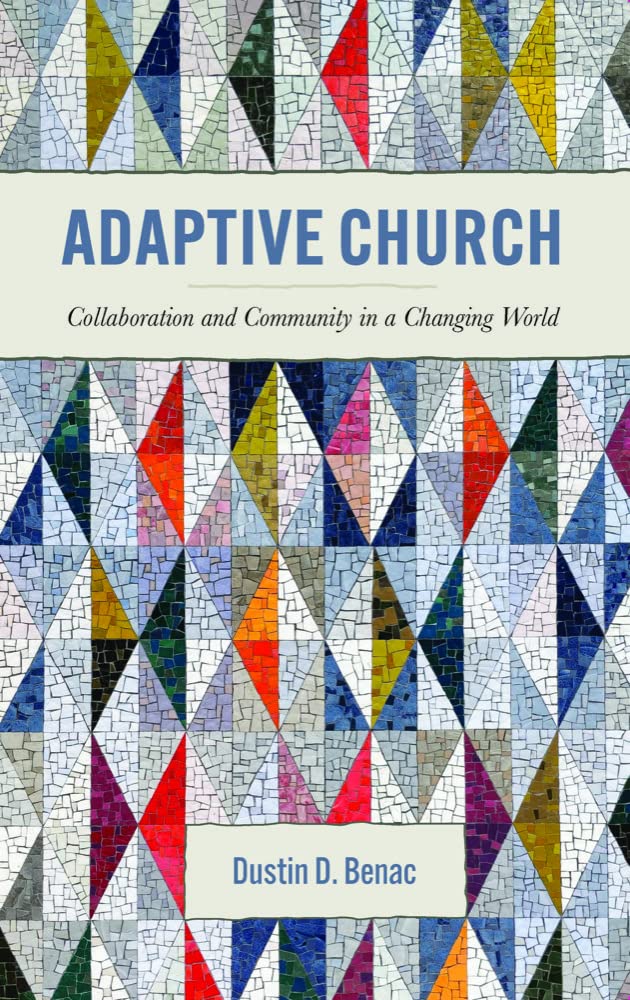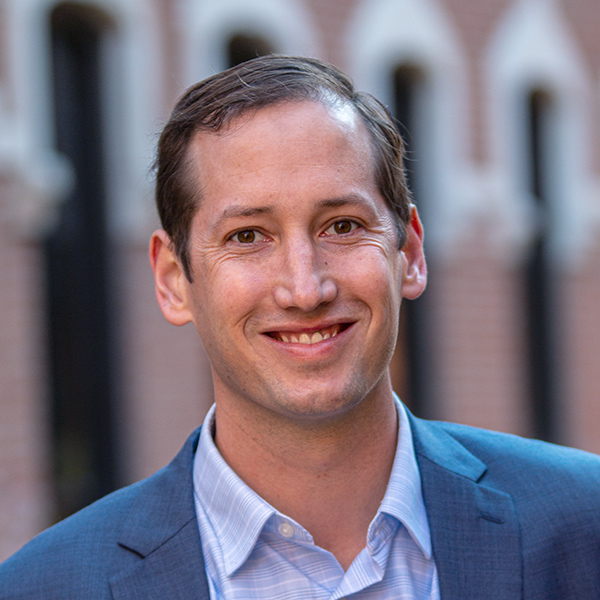Josh McQueen is a pastor serving at Overlake Christian Church just east of Seattle’s bustling downtown. When we first met over lunch on the edge of Pike Place Market in 2019, he described the challenges Overlake, a megachurch, faces in ministry: business, isolation, fragmentation, and a lack of understanding church as “an organizing principle of life.”
If Christendom is an era where Christianity and Christian institutions are taken for granted as cultural anchors, faith communities in the Pacific Northwest live on the other side of this edge. New structures are emerging in the absence of robust anchor institutions and as existing institutions change. These new structures nourish the space for belief and belonging to form and flourish.
I’ve spent the last five years crisscrossing the Pacific Northwest researching and writing about collaboration and community amid organizational transitions. Religious organizations occupy a marginal social position in this region, and there’s a rich history of religious entrepreneurship. “Innovation is the water we drink,” one leader shared with me.
The Pacific Northwest can inform people of faith in other parts of North America who are trying to re-imagine mission and ministry. The region has been called “the American religious future,” and one leader has described it as a “laboratory to learn where the rest of the country is going.”
The challenges are complex for ministry leaders, but the invitation to mission and ministry persists. Like McQueen, leaders are all in search of “an organizing principle of life.”

My new book, “Adaptive Church: Collaboration and Community in a Changing World,” explores what it takes for communities of faith to respond to uncertainty and shifting organizational environments.
Based on years of listening and learning from ministry leaders across the region, it charts the structure of belief and belonging on the other side of Christendom. Weaving together the experiences of McQueen and other leaders, “Adaptive Church” tells a story about the way of life that is marked by collaboration, community and participation in Christ.
Serving less than 300 miles to the east of Seattle, James Leman is the pastor of First Church in Spokane, a Free Methodist church that is nearly 125 years old. Although the history and denominational affiliation of their two congregations differ, Leman and McQueen — and many other pastors around the country — face similar challenges: spiritual apathy, collaborative partnership and prioritizing time.
When I checked in with Leman in February 2021, nearly a year into the pandemic, he noted what a hard year it had been. Persuading people to pursue collaborative partnership has become easier, he said, and their mission and ministry in Spokane is still carried forward through local connections, but the strain of ministry amid precarity is acute.
Something more has also emerged. “I think we’ve realized how much we missed family-like connections,” Leman said. Much like McQueen, he noted that these connections can help craft the “organizing principle” leaders seek.
Although they express it in different ways, congregational pastors, nonprofit leaders, educators and neighborhood pastors all describe a growing need among those they serve for a place to belong.
Leaders across the region are working to create spaces for encounter, listening and mutuality. McQueen and Leman are inviting people to a “table” where they can both experience and extend belonging. Others are hosting meals, starting conferences, serving students or welcoming immigrants, all in order to craft a space to belong.
For Leman, a sensitivity to the power and importance of these local connections is shaped by his experience: “From my own history, growing up in a reservation, seeing the different expressions of faith, whether it was the Native American animism or their faith tied into Christianity — whatever it was — I look at this sort of ecology, and I’m able to see the beauty that each one would bring, and the uniqueness that each one would bring.”
The beauty of these various expressions has inspired Leman and his congregation to practice “being for” the communities they inhabit, especially their surrounding neighborhood. Even when worship migrates online, belief still takes places in particular communities and contexts.
McQueen and Overlake Christian Church have purposefully re-centered their mission and ministry around the particularity of their place.
They developed teams and resources to support local, neighborhood-based ministry. They commissioned leaders “who [have] a real pastoral gifting to live into that, not at the church campus, but in their neighborhood,” McQueen said, “to care for the people that you live next door to.”
And then, when the pandemic hit, shutting down many of the municipal services in Seattle, they opened their facility to the homeless neighbors who inhabit the space that surrounds their church.
While pursuing a local and rooted life in these two congregations has not diminished the challenges that they as faith communities now face, it has clarified the places and spaces where they are cultivating belonging.
For McQueen and Leman, a rich structure of relationships sustains their kindred work. Each faith community is connected to what I describe as a “hub.” Neither a megachurch nor a denomination, a hub is a densely networked organizational form that anchors religious life within a particular community and facilitates webs of connection across a broader ecclesial ecology.
Hubs take a variety of forms, and McQueen and Leman are connected to two in the region: the Parish Collective and Whitworth University’s Office of Church Engagement. These densely networked collaborative centers are emerging in separate sectors to nourish and renew a more interconnected common life.
They are strengthening local congregations by fostering connection, belonging and new imagination; their collaborative spaces are inviting individuals and communities to “re-imagine church,” as multiple leaders noted, without diminishing the importance of local congregations.
These hubs and the leaders they support are not unique in this structured, collaborative endeavor. Similar organizations with a hub-like function are appearing around the world, (re)crafting the structures of belief and belonging on the other side of Christendom.



















